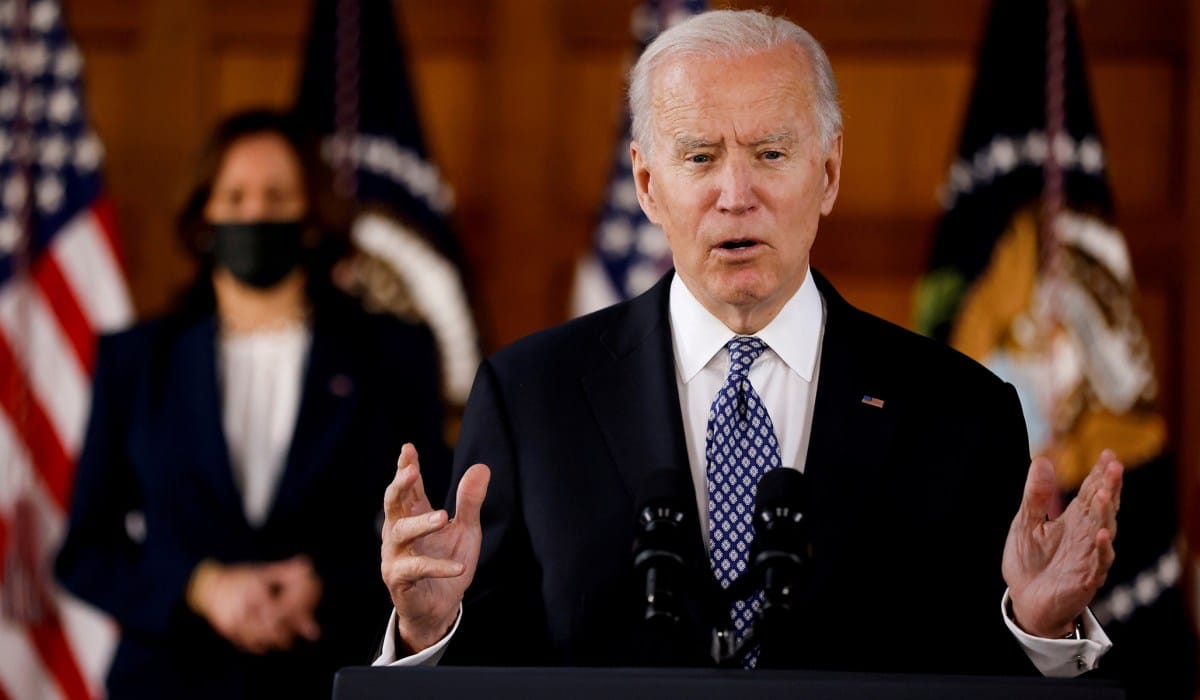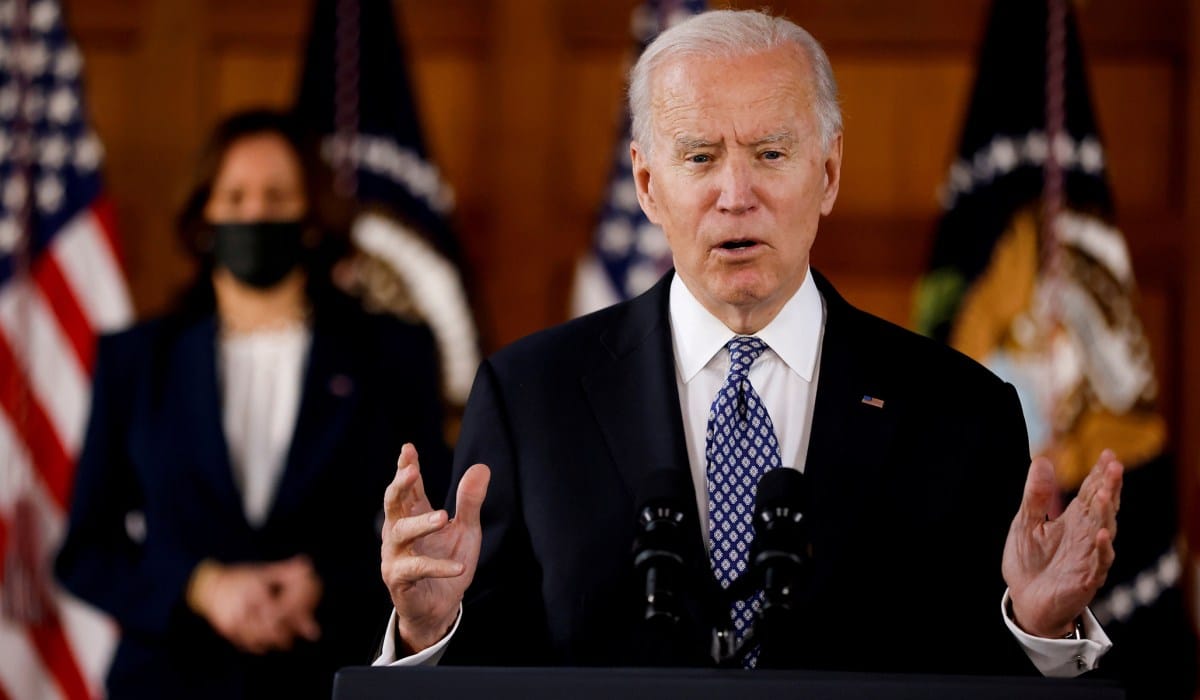The trouble with leading a great power is that, from time to time, the president is obliged to act like the leader of a great power. If ever there was a time for sound presidential leadership, it’s now. With no appreciation for the endlessly renewable force of national self-preservation that animates Moscow’s maneuvers in Ukraine, President Biden’s insulting remarks and hostile sanctions have plunged the United States into a deeper, more dangerous confrontation with Russia in Ukraine, a region of limited strategic interest to the United States.
Putin’s directive to return most of his troops to garrison while leaving their weapon systems and equipment in place along the Ukrainian border should be viewed in Washington as an opportunity to create a measure of stability in U.S.-Russian relations that’s been missing for years. It’s not enough to hurl insults and simply restate what the Biden administration is against. It’s time to explore what kind of alternative to the fragile and dangerous status quo in Ukraine that Washington and Moscow can both support.
Washington did a deplorable job of formulating strategic aims in the Middle East and Afghanistan that justified the sacrifice of American blood and treasure. The president cannot seize the strategic initiative now if Washington continues to react impetuously and emotionally to real or imaginary threats to U.S. and allied interests.
Winston Churchill insisted that most strategic problems can be solved “if they are related to some central design.” Central design implies the guiding influence of strategy. Strategy is not an ideological wish list. Strategy involves an understanding of strategic interests; in this case, grasping the divergence of American and Russian interests. Consider five points.
First, an analogy may be instructive for Americans: Who rules in Kiev and governs Ukraine is as important to Moscow as events in Mexico are to Washington. It is not enough to admit that expanding NATO eastward to include Ukrainian membership was an unforced error. President Biden must acknowledge that since the end of the Cold War, the geo-strategic environment has changed profoundly. The growth in economic and military strength in Beijing and Moscow gives these nations weight, heretofore unrecognized by Washington, DC, in the post-Cold War unipolar system.
Second, Putin is well aware that the southeastern portion (including Odessa) of Ukraine is heavily Russian in language, culture, and political orientation. If this reality is ignored yet again in favor of more wishful thinking about the true character of Ukraine, in a future crisis, the southeastern areas are likely to be rapidly seized and occupied by Russian military power with little difficulty. The probability of U.S. and allied forces throwing Russian forces out is low. Moscow knows from its experience with Crimea that possession is indeed nine-tenths of the law.
However, Putin is equally aware that for Moscow military action is an option, but hardly the first or even second option. Russian action in Ukraine would exact a serious cost from Moscow in trade sanctions and international standing. Beijing intervened to support the Russian economy once (in 2015), but it is not clear that Beijing would do so again if Russia’s economy faltered under these conditions. These points mean the opportunity for a negotiated settlement with Moscow should not be ignored.
Fair Use Excerpt. Read the whole article here.


